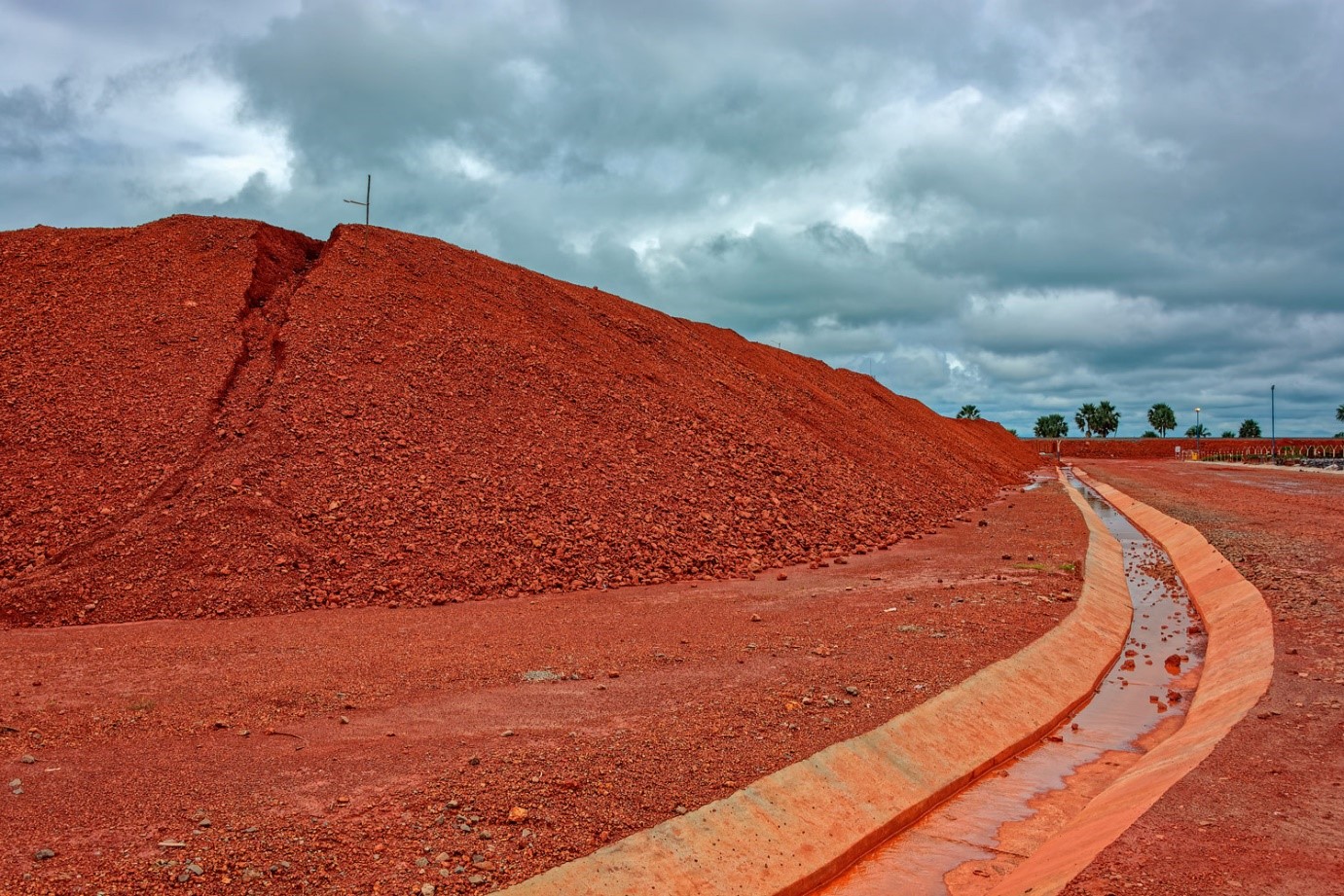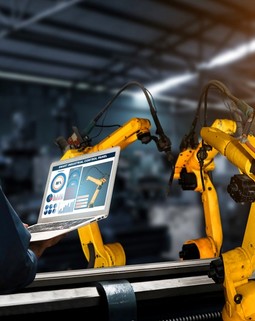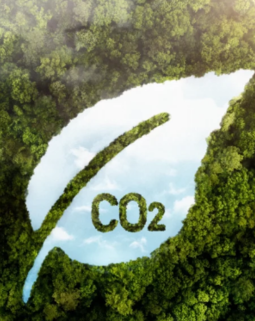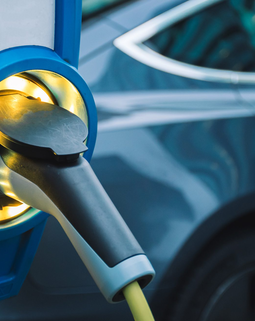Guinea’s rich bauxite reserves are becoming increasingly critical in the global shift toward electric vehicles (EVs). As aluminum, derived from bauxite, plays a pivotal role in the production of lightweight, energy-efficient EV components and battery housing, Guinea is positioned to be a major player in this transformative industry. This article explores how Guinea’s bauxite contributes to the EV revolution and the potential for sustainable development.
The Importance of Guinea’s Bauxite in EV Production
Guinea’s bauxite is integral to the EV supply chain due to its role in aluminum production.
-
Largest Bauxite Reserves:
• Guinea holds the world’s largest bauxite deposits, accounting for more than 25% of global reserves.
• This resource places the nation at the center of aluminum supply for EV manufacturing. -
Lightweight Aluminum for EVs:
• Aluminum is essential for producing lightweight EV components, which improve vehicle efficiency and range.
• The material is also used in battery housings due to its durability and thermal conductivity.
Challenges in Guinea’s Bauxite Mining
While Guinea’s bauxite industry is vital to EV production, several challenges need addressing to ensure sustainability and equity.
-
Environmental Concerns:
• Mining operations often lead to deforestation, water pollution, and habitat destruction, impacting local ecosystems. -
Social Impact:
• Communities near mining sites face displacement and reduced access to arable land and clean water.
• Inadequate compensation for affected populations has led to social unrest. -
Limited Value Addition:
• Guinea exports most of its bauxite as raw material, missing opportunities to boost local economies through aluminum processing.
Opportunities for Guinea in the EV Revolution
The global demand for EVs presents significant opportunities for Guinea to enhance its role in the value chain.
-
Developing Local Processing Facilities:
• Establishing aluminum refineries within Guinea would allow the nation to capture more value from its bauxite resources.
• This would create jobs, increase revenues, and reduce dependency on raw material exports. -
Partnering with EV Manufacturers:
• Collaborating with automakers and battery producers could lead to sustainable practices and technology transfer.
• These partnerships can also improve Guinea’s integration into the global EV supply chain. -
Sustainable Mining Practices:
• Adopting environmentally friendly mining methods and rehabilitation programs can minimize ecological damage.
• Renewable energy sources for mining operations could reduce carbon emissions, aligning Guinea with global sustainability goals.
The Future of Guinea’s Role in EV Production
Guinea has the potential to become a leader in the EV battery supply chain by addressing challenges and capitalizing on opportunities. Initiatives to process bauxite locally, improve labor conditions, and adopt green technologies can transform Guinea into a sustainable hub for EV materials.
Conclusion
Guinea’s vast bauxite reserves are instrumental in the production of aluminum, a cornerstone material for EVs. By investing in local processing, fostering partnerships, and prioritizing sustainability, Guinea can elevate its role in the EV revolution while ensuring economic benefits and environmental protection. This strategic approach will secure Guinea’s position as a vital player in the future of transportation.





